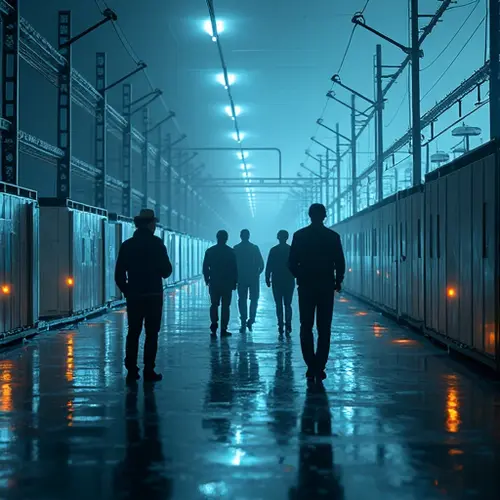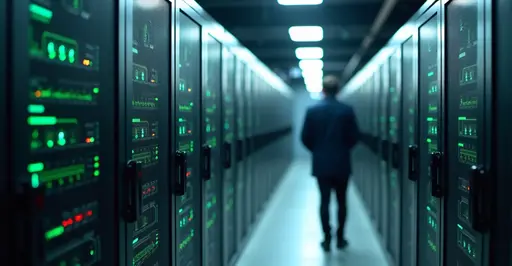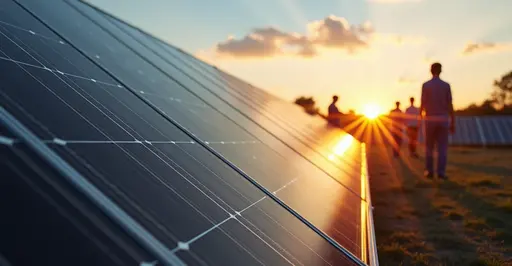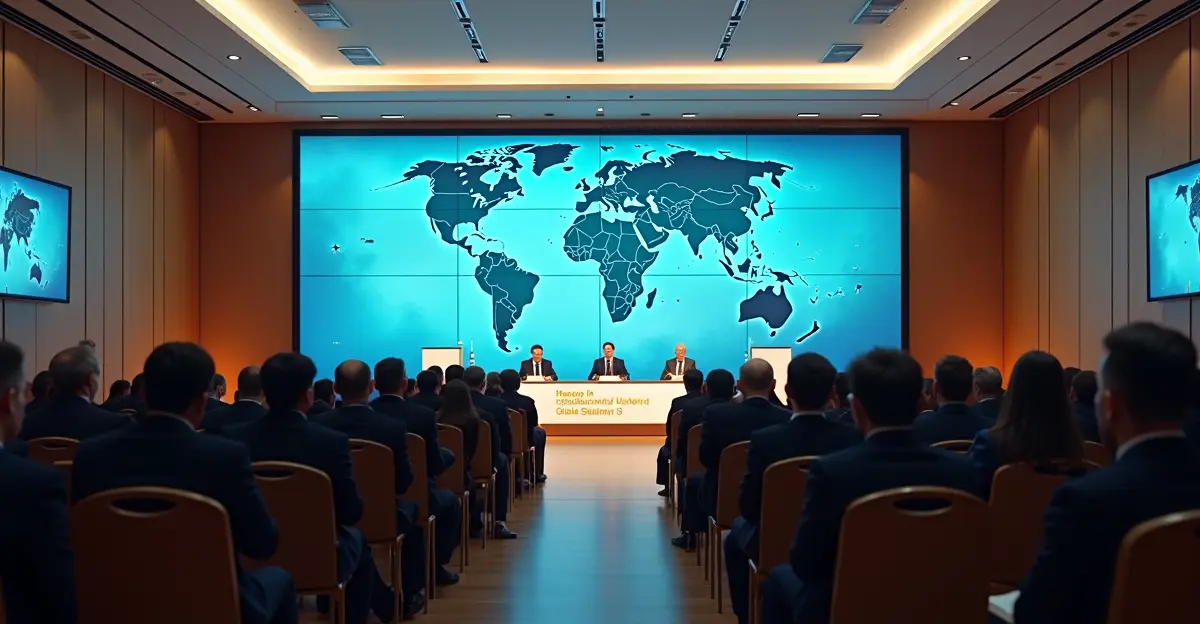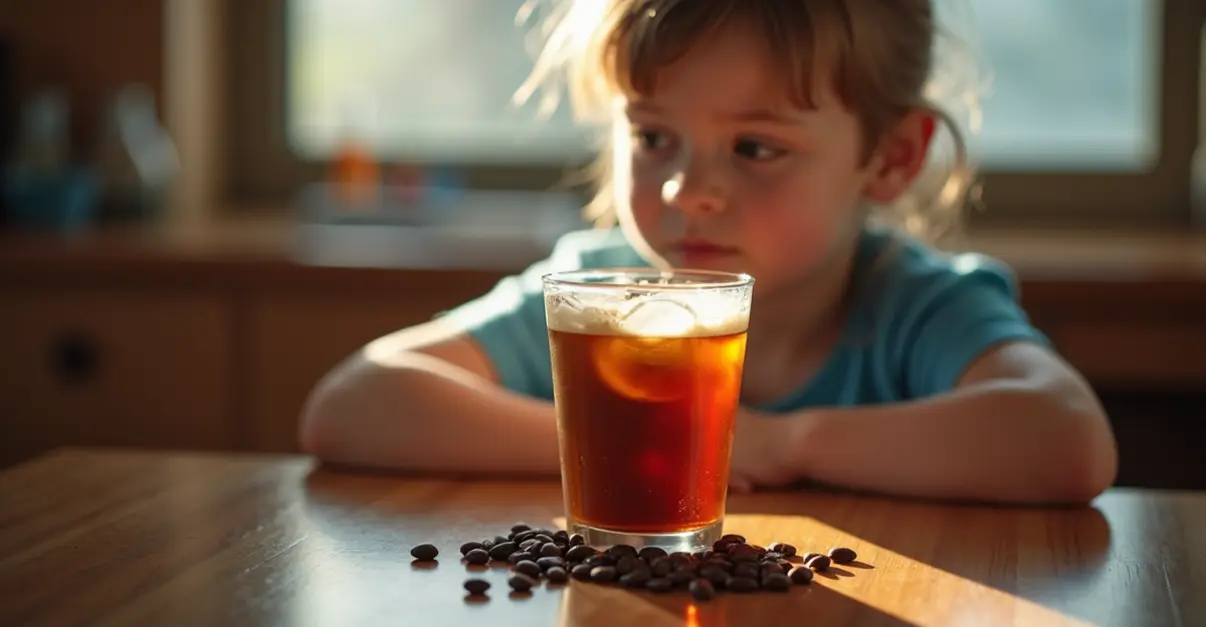
UK Moves to Protect Youth from High-Caffeine Energy Drinks
The British government has announced plans to ban the sale of energy drinks to children under 16 years old, citing significant health concerns related to high caffeine consumption among youth. The proposed legislation targets beverages containing more than 150 milligrams of caffeine per liter, which includes most popular energy drink brands.
Health Risks and Prevalence
According to recent studies, approximately one-third of UK children consume energy drinks weekly. These beverages, often containing around 300 milligrams of caffeine per liter—equivalent to three cups of coffee—have been linked to numerous health issues including sleep disturbances, concentration problems, obesity, and dental health deterioration.
Health Secretary Wes Streeting emphasized the seriousness of the situation: "How can we expect children to perform well in school when they're consuming the equivalent of a double espresso daily? This is about protecting our children's health and educational outcomes."
Scientific Evidence and Support
Medical experts and nutritionists have long warned about the dangers of energy drinks for young people. The European Food Safety Authority recommends that children and adolescents should not consume more than 3 milligrams of caffeine per kilogram of body weight daily. For a typical 40kg child, this translates to just 120mg of caffeine—far less than the 300mg found in many energy drinks.
Research shows that excessive caffeine consumption in youth can lead to:
- Increased heart rate and blood pressure
- Anxiety and nervousness
- Sleep pattern disruption
- Headaches and digestive issues
- Potential interference with calcium absorption
Previous Industry Actions and New Regulations
Several major UK supermarket chains voluntarily stopped selling high-caffeine drinks to minors in 2013 and 2018. However, these products remained available in smaller stores and through online retailers. The new legislation would create a uniform national standard and include online sales restrictions.
The ban specifically targets energy drinks while exempting traditional caffeinated beverages like coffee and tea, recognizing their different consumption patterns and cultural significance.
International Context
The UK joins several countries considering or implementing similar restrictions. Lithuania banned energy drink sales to minors in 2014, while other European nations have implemented warning label requirements and marketing restrictions targeting youth.
In the Netherlands, pediatricians have also advocated for restrictions on energy drink sales to children, citing similar health concerns.
Source: BBC News

 Nederlands
Nederlands English
English Français
Français Deutsch
Deutsch Español
Español Português
Português



